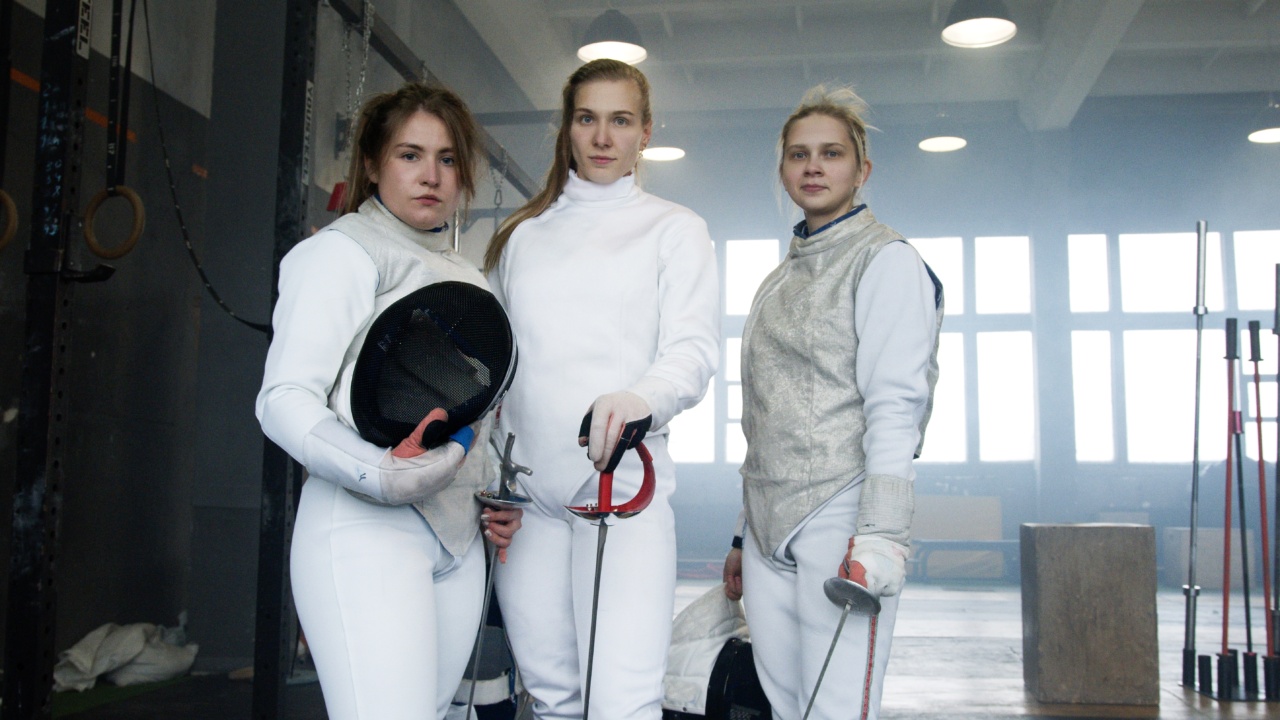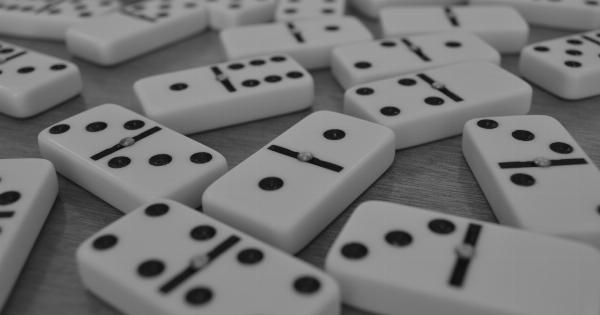Athletic training and competition can be difficult and challenging, but it is also one of the most rewarding activities a person can undertake.
Whether you are a professional athlete or a casual fitness enthusiast, there is a certain art to athletic training and competition that must be mastered in order to achieve your goals and perform to the best of your abilities. In this article, we will explore some of the key elements of athletic training and competition, from preparation and training to mental focus and strategy.
Preparation and Training
One of the most important aspects of athletic training is preparation. This involves both physical and mental preparation, as well as developing the discipline and commitment necessary to maintain a consistent training regimen.
Here are some key strategies for preparing and training:.
Setting Goals and Creating a Plan
Before you begin training, it is important to have a clear idea of what you want to achieve and how you plan to get there.
This involves setting specific goals, such as running a certain distance or lifting a certain weight, and creating a training plan that outlines the steps you will take to achieve those goals.
Consistency and Progression
In order to achieve your goals, you need to be consistent with your training regimen and gradually progress towards your goals over time.
This means gradually increasing the intensity and volume of your workouts, while also allowing for adequate rest and recovery.
Variety and Cross-Training
While consistency is important, it is also essential to incorporate variety and cross-training into your regimen to avoid burnout and injury.
This may involve incorporating different types of exercises or training modalities, such as yoga, Pilates, or swimming, in addition to your usual workouts.
Prioritizing Recovery
Recovery is just as important as training itself, as it allows your muscles and body to repair and regenerate.
This may involve incorporating rest days into your regimen, as well as utilizing other recovery strategies such as foam rolling, massage, or stretching.
Mental Focus and Strategy
In addition to physical preparation and training, there is also a significant mental aspect to athletic competition.
Whether you are running a marathon or competing in a team sport, mental focus and strategy can often be the determining factor in your success. Here are some key strategies for developing mental focus and strategy:.
Visualization and Mental Rehearsal
Visualization and mental rehearsal involve mentally rehearsing the movements and actions required for your competition. This can help you develop a clear mental picture of what you want to achieve and can also help reduce anxiety and improve focus.
Positive Self-Talk
Positive self-talk involves using positive affirmations and self-talk to boost confidence and reduce negative self-talk. This can help improve self-esteem and increase motivation, which can lead to better performance.
Goal Setting and Focus
Setting specific goals and focusing on them during competition can help you stay motivated and focused.
This may involve creating a game plan or strategy for your competition, as well as setting small goals and checkpoints along the way to keep you on track.
Maintaining a Winning Attitude
Maintaining a winning attitude involves maintaining a positive mindset and attitude, even in the face of adversity or setbacks.
This can be difficult, but it is essential for maintaining motivation and focus, and can ultimately lead to greater success in athletic competition.
In Conclusion
Athletic training and competition can be difficult, but developing the art of athletic training and competition can help you achieve your goals and perform to the best of your abilities.
By focusing on preparation and training, mental focus and strategy, and developing the discipline and commitment necessary to maintain a consistent training regimen, you can achieve success in athletic competition and develop a lifelong love of fitness and athleticism.




























